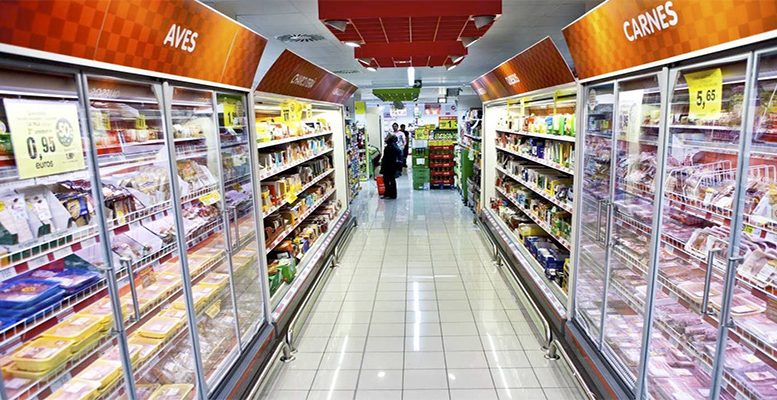Spain, with its sun-kissed shores and rich culture, is now under the spotlight, but not for the reasons you might think. Inflation has always been a sneaky adversary worldwide, but some sectors in Spain have taken this as an opportunity to make an extra buck. This trend shows companies increasing prices well beyond their actual costs. Let’s see who is playing this naughty game, and we’ll see why it’s not all gloom.
The Rise and Dubious Justifications
In the wake of a surge in inflation, several companies have defended their price hikes, blaming the increasing energy and production costs. Yet, a recent eye-opener report from the Banco de España paints a different picture. Many businesses, rather than playing fair, seem to be passing the buck to already struggling consumers.
The Worst Culprits
- Energy Sector: Probably to the shock of, well, no one, the energy sector emerges as the chief villain. Despite costs rising by 50% in the refining sector, prices shot up by a whopping 67%. But hold on to your hats; electricity and gas companies went a step further. They justified their price increases by pointing fingers at the conflict in Ukraine, while their costs only rose by 56%. Yet, they had the audacity to surge prices by nearly 90%!
- Beyond Energy: Spanish energy companies, however, aren’t the sole culprits. Transport, storage, hotel, and catering industries, too, joined this not-so-prestigious club, albeit a bit more modestly. Even a casual coffee or pint on a sunny Spanish terrace now comes with a heftier price tag.
- Transport & Storage Shenanigans: Despite their costs actually dropping by 2.4%, these sectors increased consumer prices by almost 4%. It makes you wonder, especially after a massive lorry drivers’ strike in 2022, doesn’t it?
The Lesser Evils
On the brighter side, the agriculture, textile, and food sectors have had more restraint, raising their prices modestly compared to others.
Plenty of Excuses
With companies often blaming global events such as the Ukrainian conflict and the Covid pandemic-induced supply chain disruptions, some experts are calling out this phenomenon as “excuseflation”. That sounds about right for companies trying to cash in on the post-COVID-19 demand surge.
Supermarket Sweep
Spanish supermarkets, the likes of DIA and Mercadona, have not remained untouched by this trend. With price hikes between 10 to 17.2%, it’s no wonder that some folks are considering cross-border grocery shopping trips to Portugal. Talk about taking a trip for savings!
Dialling Up the Prices
Spanish phone companies haven’t missed out on this inflation fiesta. Vodafone, Movistar, and Orange have all cranked up their rates without noteworthy service improvements. So, the next time you’re grumbling about your phone bill, know you’re not alone.
Summary
In September 2023, Spain’s annual inflation rate made headlines, soaring for the third consecutive month to reach 3.5%, up from 2.6% in the previous month. Escalating fuel prices primarily drove the highest inflation rate in half a year. Interestingly, while September 2022 saw decreases in these sectors, the present surge paints a contrasting picture. Meanwhile, the annual core inflation experienced a slight respite, decreasing to 5.8% from 6.1% in August, excluding fresh food and energy prices. Adding a European perspective, the EU-harmonised inflation rate also increased to 3.2%, although it fell just short of market predictions.
While taking advantage of inflation might seem like the latest trend by certain companies in Spain, consumers have shown resilience, adapting and responding to these changes. It’s a classic dance of economics, with companies and consumers continually adjusting their steps. One thing’s for sure, though: Spain’s inflation tale could be better for consumers than it is. And amidst this tale, we can only hope that a pinch of fairness is just around the corner.






